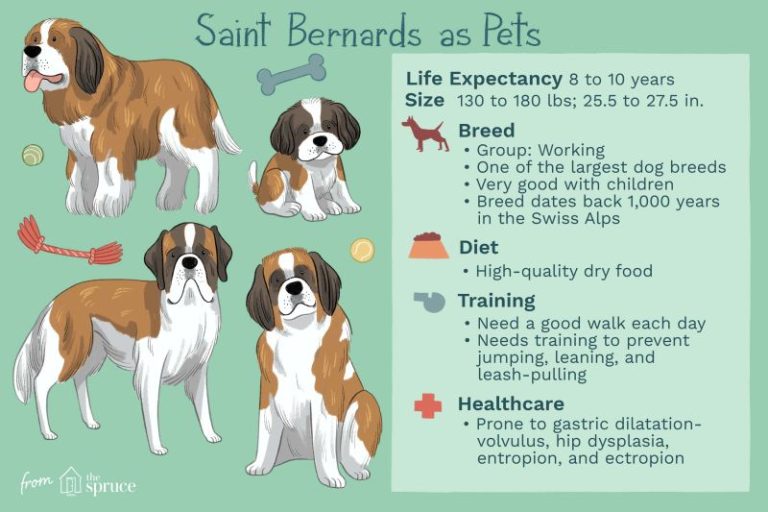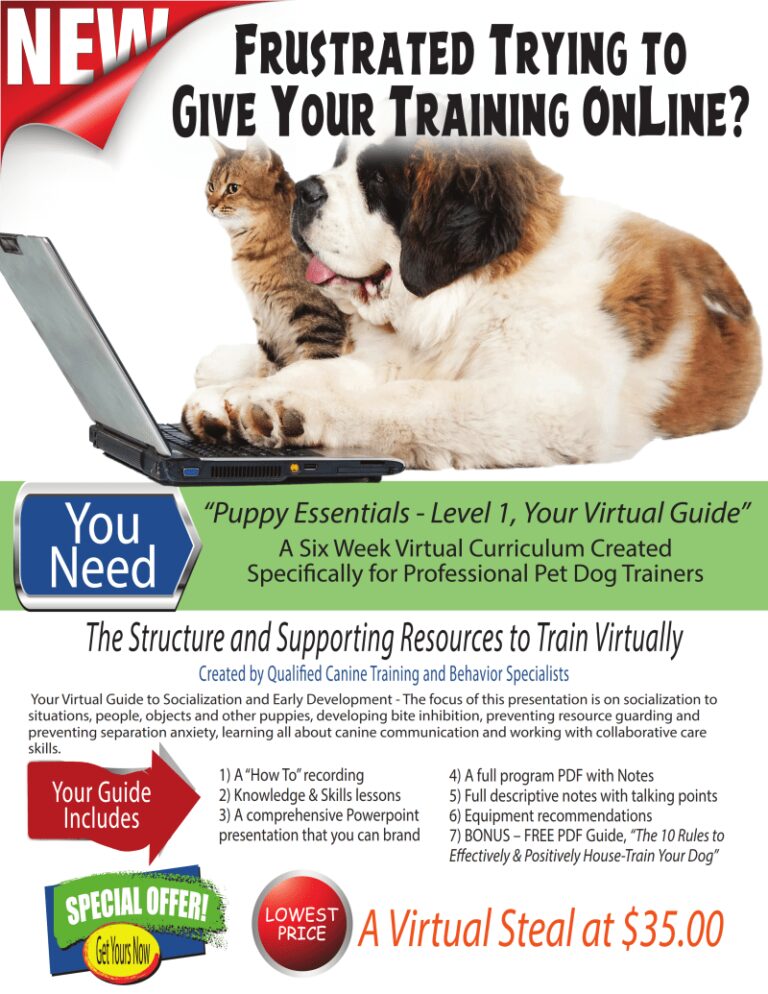Dog Behavioral Care Advice – Sudden behavioral changes in your dog can be worrying, whether it’s an aversion or fear of something they used to enjoy – think about rough housing with other dogs or daily trips to the dog park local – or a new habit that appears out of the blue, like barking from the window or watching your toys. Most dog behaviors change over time, but those shifts can still catch many pet parents off guard.
Like humans, the personality of our dogs is formed by a combination of physical and mental factors. That’s why we’ve teamed up with a veterinarian and a behavior expert from the Animal Humane Society to help inform you of what’s at the root of your dog’s personality and what you should do if you notice changes in his behavior.
Dog Behavioral Care Advice

Below are the top three reasons pet parents experience common behavioral changes in their canine companions, and what you can do about them.
E Book Puppy Start Right: Foundation Training For The Companion Dog By
We’ve all heard the analogy that one dog year is equal to seven human years. But it is not right. Our dogs go through so many physical and mental changes in their first few years of life that it is literally the equivalent of over 20 human years. Imagine growing from a bouncing baby to a college graduate in just two years—surely, your personality and priorities will change along the way! The same is true for our canine companions.
Around one to three years of age, many pet parents begin to notice changes in their puppy’s personality. Maybe they are more selective about the dogs that play at the dog park, or they have lost interest in very physical sports, such as tug-of-war or tug-of-war. It is important to remember, even if your furry friend is still young in your eyes, they are maturing at an incredible rate.
“Even if you’ve spent hours socializing and training your dog, changes in behavior can still occur, especially with age,” explains behaviorist Lauren Sorenson. What makes your dog who they are is rooted in their DNA – it’s out of your control. Be patient with your dog while they come into their own. “Don’t force them to participate in activities they no longer enjoy, and instead work to find new habits and routines that they both enjoy.”
Whether or not you suspect that an injury or illness may be behind your dog’s new behavior, a trip to the vet is always the first step. In addition to running blood work and other tests that most behaviorists require before working with your dog, your vet will ask you a variety of questions to find out what’s going on, including: If you think your loved one is it in pain or not. .
Ways To Stop A Dog From Whining
AHS veterinarian Dr. “Pain is one of the most common physiological causes of behavioral changes in dogs,” says Angelica Dimmock. “For example, a dog that develops arthritis may be more tired than usual or seem restless when moving. A dog with toothache or gum disease may stop eating or may develop a new habit of scratching. the things
So how can you tell if your pet is in pain? It is useful to evaluate your dog at home to see where they are most comfortable so that you can give your veterinarian the best information.
This home examination of your dog will help you bring the best information to your veterinarian. It is also a good routine to practice to help desensitize your dog to this type of physical touch, which is common in medical examinations. In addition, it can help you check the health of your pet as it ages.

We expect a lot from our dogs, from following us on every adventure to accepting our friends, family and other animals without hesitation. Sometimes, these changes can upset our pup and cause changes in his behavior.
How To Provide Your Dog With Mental Stimulation
Sometimes the cause of your dog’s stress is easy to understand: a big move in your home during the holidays, a new pet, friends or family that are not familiar. Other times it’s hard to understand what’s going on in your pet’s mind.
“Whatever the cause of your pet’s anxiety, a training principle will always be true,” promises Lauren. “Use positive reinforcement! Punishing your dog for being scared, stressed or anxious can lead to more problems down the road.
So if your puppy barks at strangers outside the window since you moved into a new house in a busy corner, don’t scold him by yelling or shooing him away. This negative interaction only increases their anxiety that strangers are bad or scary. Instead, sit at the window with him, and give him treats, pets, and encouragement every time someone passes by. Over time, it will form a positive association with what triggered it in the first place.
Every animal changes over time. Perhaps the best advice is to remember that there is something unique and wonderful about each stage of your pet’s life. From their bouncy and boisterous puppy stage to their sweet and calm seniors – your dog is your constant companion and best friend. The changes you make together make the relationship you share even more special.
Monitoring Behavior Changes In Your Dog And Knowing When To Seek Help
The above tips are not a substitute for talking to your doctor or trainer. If you are concerned about the health or behavior of your dog, it is always better to contact the professionals who know your animal best.
If you found this article helpful and would like more information on pet care and pets, sign up for email from AHS. You’ll find behavior tips, stories about adoptable pets, and more! If your dog has a behavior problem, it could be due to a medical condition, lack of training or a simple miscommunication between you and your dog. Here, we explore the most common dog behavior problems and provide insight into how to solve them.
Dogs really are our best friends. Did you know that 65 million households in the United States own a dog, 85% of which consider them part of their family?

And while pet parents love their puppies, the number one reason dogs are rehomed is because of behavioral problems, which account for 47% of all dogs placed with a new family.
Strategies To Care For A Blind Dog
Like humans, dogs experience a variety of anxieties, traumas and stress that can manifest as behavioral problems. And sometimes, behavioral problems are the result of illness or miscommunication between dogs and owners. Fortunately, using the tips below, you can get to the root of these problems and solve many of these problematic dog behaviors.
If your dog is always on his worst behavior when you are not around, you may be dealing with separation anxiety. Dogs with separation anxiety become emotionally disturbed when separated from their pet parents. Some dogs may even try to escape from your home in an attempt to find you, injuring themselves in the process.
Signs of separation anxiety in a dog usually include several problematic behaviors that occur only when you are not at home, including:
How you deal with your dog’s separation anxiety depends on how severe it is. Here are some solutions to help reduce your pet’s separation anxiety levels.
Bad Dog Behavior: How To Correct Unwanted Behavior In Your Dog
One of the most serious problems you can face with your dog is aggression towards people and other animals. While some dogs are aggressive towards strangers because of their defensive instincts, others are potentially aggressive and can defend their food and toys if they approach.
Do not ignore signs of aggression in dogs towards people or other pets, as this behavior can escalate to dangerous levels. There are ways to deal with this problem, including:
Dogs bark for many reasons, including fear, anxiety, distress, to warn of danger, to attract attention and to socialize. Pay attention to determine when and why your dog’s barking gets out of hand.

Does your dog chew everything from your couch to your slippers? Chewing is a natural dog behavior, but anxiety, hunger and anxiety are some triggers that can get out of hand.
How To Help Hand Shy Dogs
While puppies tend to chew everything while teething, this behavior should decrease after six months of age. For dogs that continue to chew things as they get older, consider the following:
Like chewing, digging is a natural behavior for many dog breeds, especially those originally bred to hunt small prey, such as rodents. But not all dogs dig up your yard based on their hunting instincts. Other reasons to dig include:
There are several things you can do to combat your dog’s destructive digging, depending on the cause of the digging, including:
They say beggars can’t be choosers, but they can be – your dog can choose not to beg for his food! If your dog regularly asks for food at your dinner table and at parties, it’s probably because they’re hungry or they know that by begging, they’ll get a treat. However, table scraps are not healthy for dogs and can cause stomach upset.
When Behavioral Euthanasia Is The Right Choice For Your Dog — Faithfully Yours Dog Training
The best way to stop your dog from begging is to ignore them when they do. When your dog realizes that begging won’t get them a treat, they’ll stop. Other solutions include:
Does your dog drag you along at record speed while walking? They may be tempted
Dog care advice, behavioral financial advice, behavioral care, dog health care advice, care advice, senior dog care advice, behavioral health care facilities, behavioral urgent care, behavioral health care, dog advice, dog behavioral, behavioral health care center
- Dog Socialization Care Guide - August 11, 2024
- Best Dog-friendly Vacations - August 11, 2024
- Wildlife Conservation Organizations - August 10, 2024







